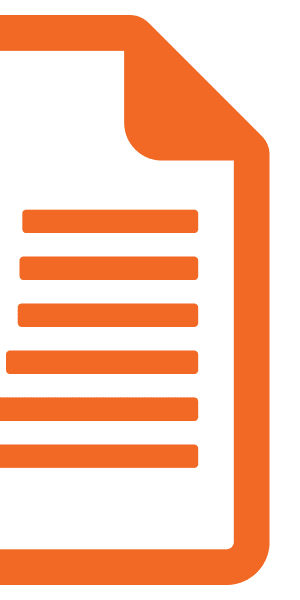
The fastest (and smartest) way to craft a research methodology that communicates your design and earns you marks.
Available in Google Doc, Word & PDF format
4.9 star rating, 5000 + downloads

Tried & tested academic format
Pro tips, tricks and resources

This template covers all the core components required in the methodology section of a typical dissertation, thesis or research paper, including:
The purpose of each section is explained in plain language, along with practical examples to help you understand exactly what’s required.
The cleanly-formatted Google Doc can be downloaded as a fully editable MS Word Document (DOCX format), so you can use it as-is or convert it to LaTeX.
100% Free to use. Instant access.


The methodology chapter template is provided as a Google Doc. You can download it in MS Word format or make a copy to your Google Drive. You’re also welcome to convert it to whatever format works best for you, such as LaTeX or PDF.
The methodology template follows the standard format for academic research projects, which means it will be suitable for the vast majority of dissertations and theses (especially those within the sciences), whether they adopt a qualitative, quantitative, or mixed-methods approach. The template is loosely based on Saunders’ research onion, which is recommended as a methodological framework by many universities.
Keep in mind that the exact requirements for the methodology chapter/section will vary between universities and degree programs. These are typically minor, but it’s always a good idea to double-check your university’s requirements before you finalize your structure.
This template can be used for a dissertation, thesis or research project at any level of study. Doctoral-level projects typically require the methodology chapter to be more extensive/comprehensive, but the structure will typically remain the same.
This can vary a fair deal, depending on the level of study (undergrad, Master or Doctoral), the field of research, as well as your university’s specific requirements. Therefore, it’s best to check with your university or review past dissertations from your program to get an accurate estimate.
As a rule of thumb, you should provide enough detail for another researcher to replicate your study. This includes clear descriptions of procedures, tools, and techniques you used to collect and analyse your data, as well as your sampling approach.
In the methodology chapter, your language should be technical enough to accurately convey your research methods and processes, but also clear and precise to ensure it’s accessible to readers within your field.
Aim for a balance where the technical aspects of your methods are thoroughly explained without overusing jargon or overly complex language.
If you conducted a pilot study, you can include it in the methodology to demonstrate the feasibility and refinement of your methods. Be sure to obtain the necessary permissions from your research advisor before conducting any pilot studies, though.
Yes, you’re welcome to share this template in its original format (no editing allowed). If you want to post about it on your blog or social media, we kindly request that you reference this page as your source.
Yes, we do. We are constantly developing our collection of free resources to help students complete their dissertations and theses. You can view all of our template resources here.
Yes, we can assist with your methodology chapter (or any other chapter) on a coaching basis. If you’re interested, feel free to get in touch to discuss our private coaching services.